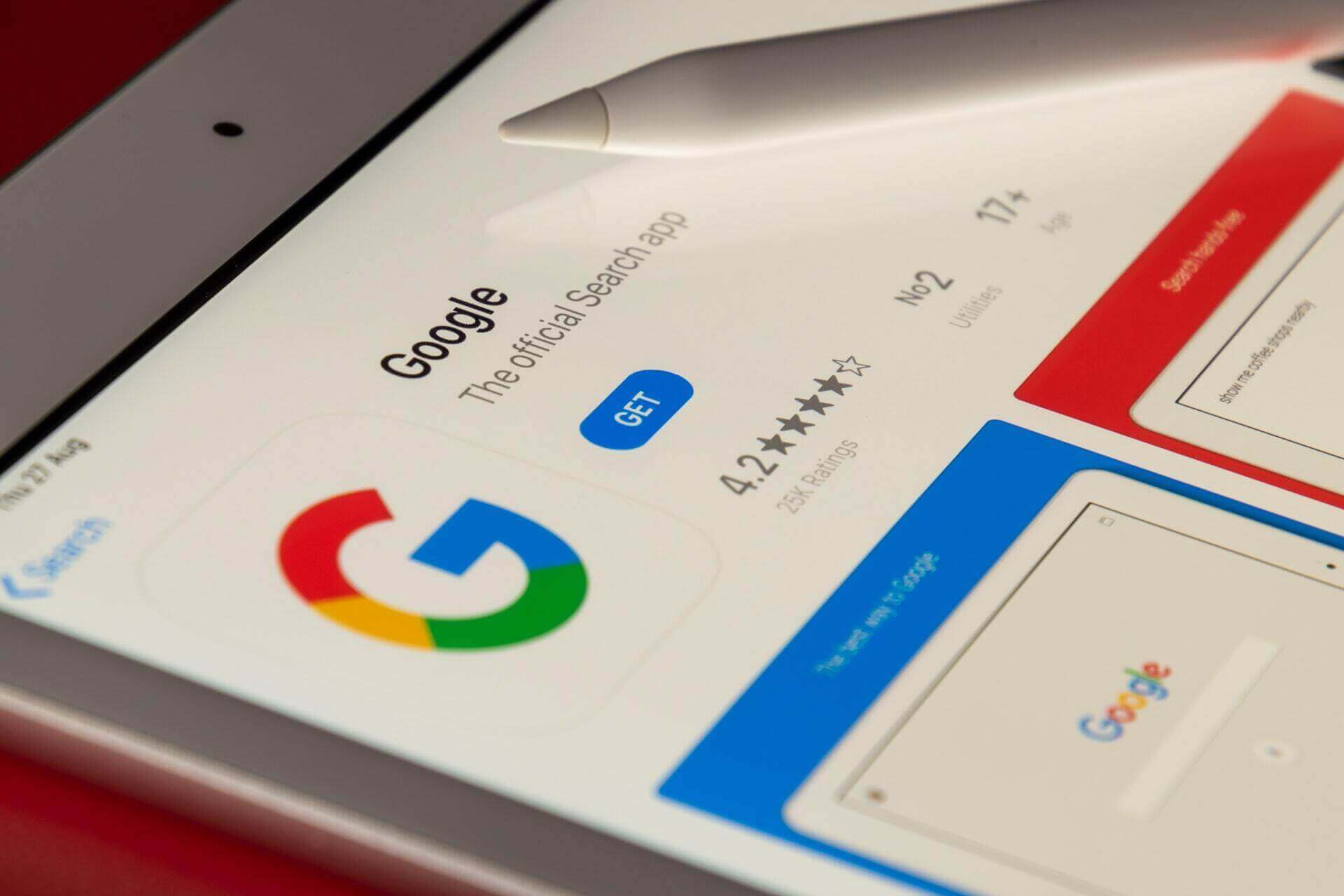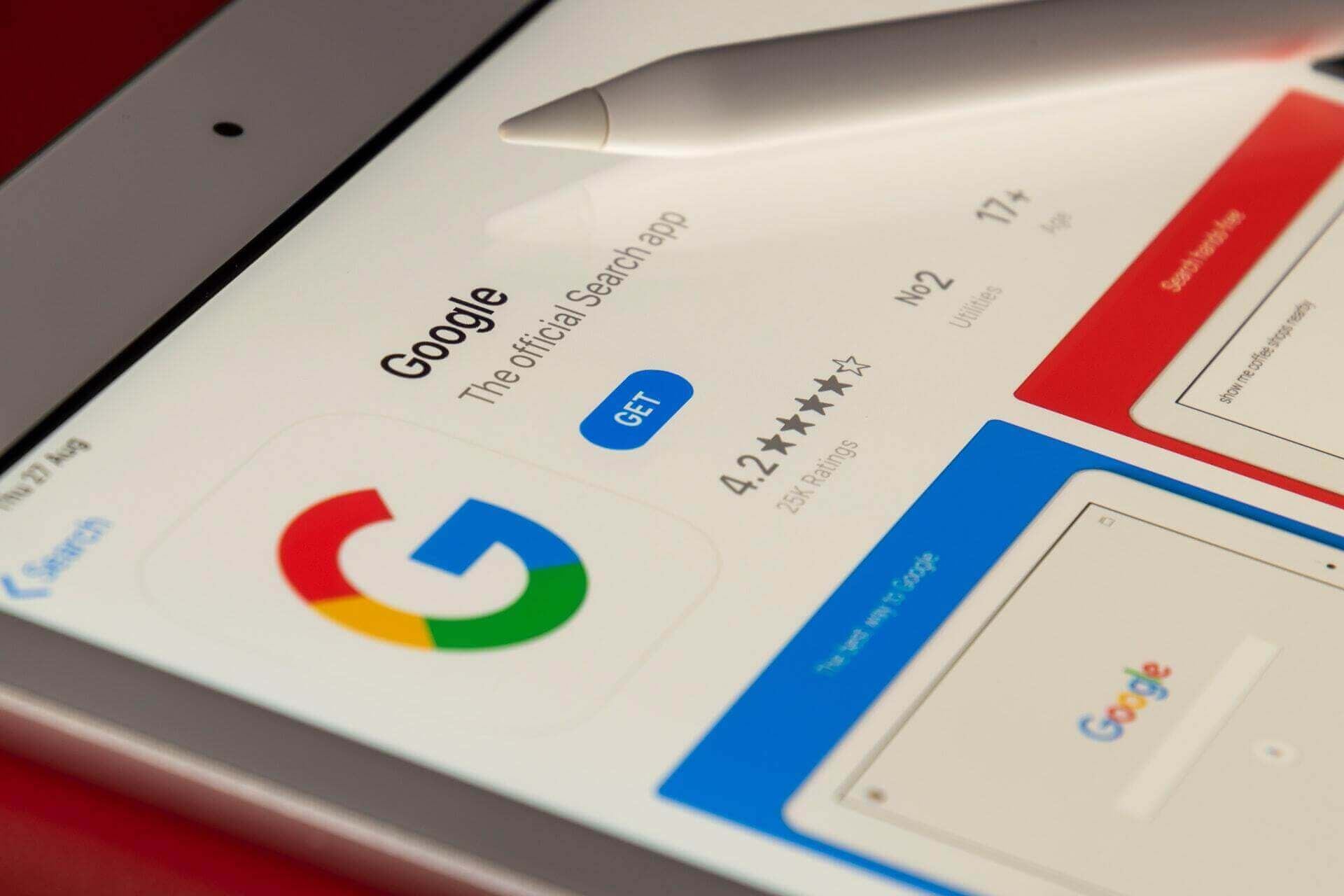6 Spammy SEO Tactics you should avoid

These days, there’s constant pressure for businesses to always be ranking higher and higher on Google. While this makes the game ever-changing, fresh, and competitive, it can also cause companies to go OTT on the SEO side of things, so as to not fall behind. And with many using often aggressive and excessive SEO techniques that always boomerang back, companies are unknowingly pushing their website further down the rankings.
With some black-hat SEO tactics (a set of practices that violate the terms of search engines) that are clearly off the cards, many fall prisoner to less risky techniques. And while these practices can seem appealing to many, they’re never a good idea for genuine, legitimate businesses that want to thrive.
So, if you’re looking to protect your business from becoming a victim of spammy and negative SEO tactics, here are 6 techniques you should avoid:
1. Too Many Keywords in Title Pages
You’ve most likely been told that using keywords in a title tag will help you rank higher in search engines, right? While this is true, (and back in the day, keyword stuffing was a thumbs up for improving search rankings) there is definitely a fine line between healthily using said keywords, and overusing them. Nowadays, this tactic is counterproductive, and Google will view your attempt at ranking higher as manipulative.
There’s also another reason that keyword stuffing in title pages is a big no-no. Think about it – if you saw a webpage on a search engine crammed with keywords, you’re going to think it looks spammy and untrustworthy. For example, would you click on ‘Best digital marketing business UK-UK best digital marketing-UK digital marketing businesses’ over a simple ‘Best UK digital marketing business’? We think not.
To avoid entering the spam category, it’s advised to not use a keyword more than three times in a title. For complete acceptance, stick to the one-time usage, or if you really need to – pop it in twice. These SEO guidelines will really help separate your business from amateur and spammy websites.

2. Too Many Keywords in Copy
Keyword stuffing isn’t something you should just try to avoid in title pages – it can be severely detrimental to the quality and standard of your copy, too. It’s also much more noticeable in the body text of the webpage, which makes it even more obvious to your website visitors. Get the gist?
By forcing as many keywords into your text as possible, those visiting the page will read unnatural sentences and question the professionalism and legitimacy of your website. Google will also recognise the content as abnormal and react by hurting your search engine rankings. It also just looks really spammy, and definitely won’t go in your favour when it comes to your overall marketing goals.
And what is the overall goal of SEO in digital marketing, anyway? It’s not just traffic and rankings (although they are important) – the main objective is to generate leads and sales, and ultimately propel your business from strength to strength. With awkward phrasing and the overuse of keywords, you are essentially compromising your website conversions.
3. Over-Optimised Anchor Texts
Have you ever clicked on an underlined phrase in a piece of online text, and been directed to another URL within the website, an external URL, a PDF, or any form of other online media? Chances are, you have.
These are known as anchor texts, and they play an important role in how SEO works. When you use them within your copy, the words in the link help search engines to increase your rankings and understand your website.
However, while anchor texts are beneficial for rankings, they can also be detrimental to your site if you use them the wrong way, or over-optimise them. This basically means using the same keyword throughout your copy as an anchor text. For example, say you’re a family law firm based in London, and you want to rank high on Google for ‘Family Lawyers London’. You’ve written multiple blogs on your website that all have the same or similar anchor text, as surely, the more you include the keyword you want Google to recognise you for, the more chance you’ll rank higher, right? Wrong.
 Google will notice this highly-concentrated anchor text and realise it’s unlikely for this to happen organically. Instead of boosting your rankings, search engines will know you’re trying to manipulate search results with spammy SEO tactics and respond by damaging your rankings.
Google will notice this highly-concentrated anchor text and realise it’s unlikely for this to happen organically. Instead of boosting your rankings, search engines will know you’re trying to manipulate search results with spammy SEO tactics and respond by damaging your rankings.
The solution? Rather than using the same keyword to link out to other URLs, spread your anchor texts across a phrase or sentence fragment. Talking about the best law firms in London? Instead of using that exact keyword to link throughout, try something like this (the anchor text example in bold): Are you looking for a London law firm that specialises in family law? That way, you create a softer and risk-free clickable link that will appear naturally to search engines.
4. Buying Backlinks
Backlinks are really handy for improving your SEO and search rankings, but they take time to build organically, and they’re not always guaranteed. This is why many businesses buy them. A more appealing and quicker option, especially if the cost of buying them is covered and more from the extra revenue you acquire, it can seem like a smart and easy way to boost your business.
The only problem is, Google clearly states that buying backlinks breaches their guidelines. (Did you notice the SEO-friendly anchor text there?) They view the action as similar to buying votes, and to them, it is unethical.
So, if you’re found to be purchasing backlinks, you are likely to be penalised by Google (who has a significant portion of the search engine market). If this happens, expect your site to lose its rankings for all keywords for up to 6 months or more. In a worst-case scenario, your rankings may never fully recover.
5. Creating Almost Duplicate Content for SEO
Duplicate content is when identical or similar blocks of text appear on multiple domains.

They’re usually unintentional, which is why Google doesn’t incur a penalty, but it’s incredibly easy for it to happen.
For example, you may have a website that has several landing pages that are targeted at different locations. While you may think there’s no harm in using the same copy and just altering the country or city you’re targeting, you’re actually just littering your site with pages of the same information.
Some companies may also buy multiple URLs to host identical sites in the hopes that their traffic and rankings will increase. While this (sort of) makes sense, it won’t actually work because the content on each site is the same.
But how does this actually affect SEO, and why is it spammy?
Search engines find it hard to decide which page (of duplicated content) to rank. If your site has pages of identical copy, Google won’t know which one is the most relevant, or which one to direct searchers to. It will also view your content as less valuable than sites that host original information, which will compromise your rankings and incur less traffic. Ultimately, this seemingly quick and easy fix can actually really affect your sales and leads.
6. Blog Comment Spam
Since the dawn of the internet, website owners and bloggers have been competing for organic backlinks in order to improve their search rankings. However, in the quest to come out on top, many people abuse the comment forms available on other blogs and websites.
Google even posted a blog way back in 2005 about why they don’t like websites with heaps of spam comments on them. From distracting users from your content, and lowering the reputation of your site, to low-quality content impacting your website’s rankings, spam comments can compromise websites in different ways.

And because it’s just really annoying, nobody wants to see irrelevant and badly phrased comments posted on blogs or webpages that add absolutely no value whatsoever to the topic of discussion. Essentially, spam comments only create a bad user experience.
How to Improve Your SEO
So, whether you’re new to the world of SEO, or you just need some refreshers on how to optimise your site for 2022, be sure to avoid these spammy tactics. From keeping your keyword count in title pages to a minimum to avoiding keyword stuffing in general, you’ll be able to improve your chances of ranking higher in search engines and increasing your leads and sales.
Still think you need a bit of help with things? Take a look at our blog post on why hiring an SEO agency will help take your business to new heights or get in touch with us to discuss your project.